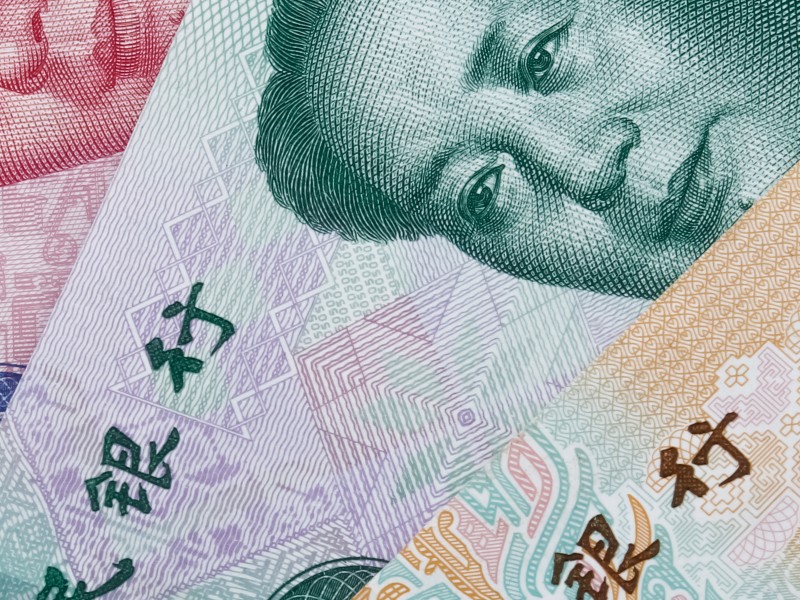
The People’s Bank of China announced that it’s opening up its financial markets to foreign investors in several new and quite granular ways.
Among the developments, China is allowing foreign-funded institutions to conduct credit rating business on assets in the country’s inter-bank and exchange bond markets.
Andrew Mattock, a portfolio manager at Matthews Asia, recalls the pressure that ratings agencies came under during the 2008 financial crisis. China, he says, wants to tread carefully in allowing foreign agencies to participate in its market. “They’re obviously wary of the issues that rating agencies can create if they aren’t regulated correctly and there are rules in place because they’re trying to avoid a similar scenario where rating agencies aren’t doing the job they were designed to do,” he says.
As the bond market develops in China, foreign investors have shown interest in a big way, he says. In its announcement the PBC said China will further facilitate the investments of overseas institutions in the inter-bank bond market and allow those investors to obtain type-A lead underwriting licenses for the market. “It’s another step in allowing people to invest in both bonds and equities,” says Mattock. “The inter-bank bond market is the shorter end, or shorter duration, part of the market.”
China has been quietly making significant progress in developing its financial markets, with some aspects remaining under discussed, he says.
“Going back four or five years there was no yield curve, if you like,” he says. “Deposit and lending rates were really set by the state rather than the banks themselves. There was no government bond market, there was no municipal bond market, there was no corporate credit market. All these things have occurred. And even in wealth management products, which they had to clamp down on in the last two years because they went from around zero to US$3 trillion or US$4 trillion very quickly. They had to re-regulate that market. So there’s been a lot of financial reform in China in the last three or four years that people don’t really comment on.”
The PBC also noted that it will encourage foreign financial institutions to help establish and invest in asset and wealth management subsidiaries of commercial banks. And, they will be allowed to co-establish foreign-controlled asset management companies together with subsidiaries of Chinese banks or insurers.
As well, financial institutions will be soon be allowed to invest in the establishment of, or make equity investment in, pension management companies. Further, the PBC announced the removal of foreign ownership limits on securities, fund management and futures companies in 2020, a year earlier than originally planned.
Chinese firms now feel they have grown enough to be able to compete with foreign investors, says Mattock. “They’ve gotten themselves into a position where domestic firms in China are strong enough and big enough to compete with global firms that they feel comfortable relaxing some of their restrictions and allowing foreigners to enter the market. It’s just another industry policy that China had, that it’s now happy to relax as it’s built up its own domestic companies.”
China’s growth in establishing infrastructure within its financial markets has been aggressive, he says. “I think people underestimate how far they’ve come in the last five years. People always look at China like a developed market, but it’s really not. It’s still developing. It might be large, but from a financial sophistication point of view, it’s not like Europe, Japan or the U.S. It hasn’t had year and years of financial regulation, de-regulation, regulation and de-regulation. It’s doing it for the first time.”
